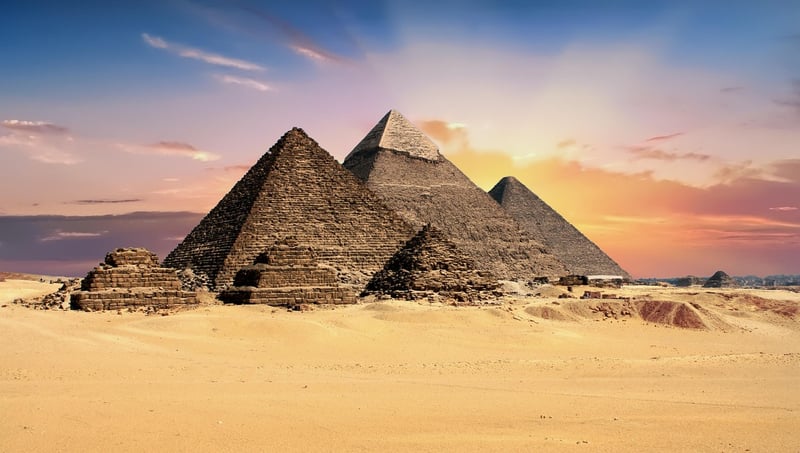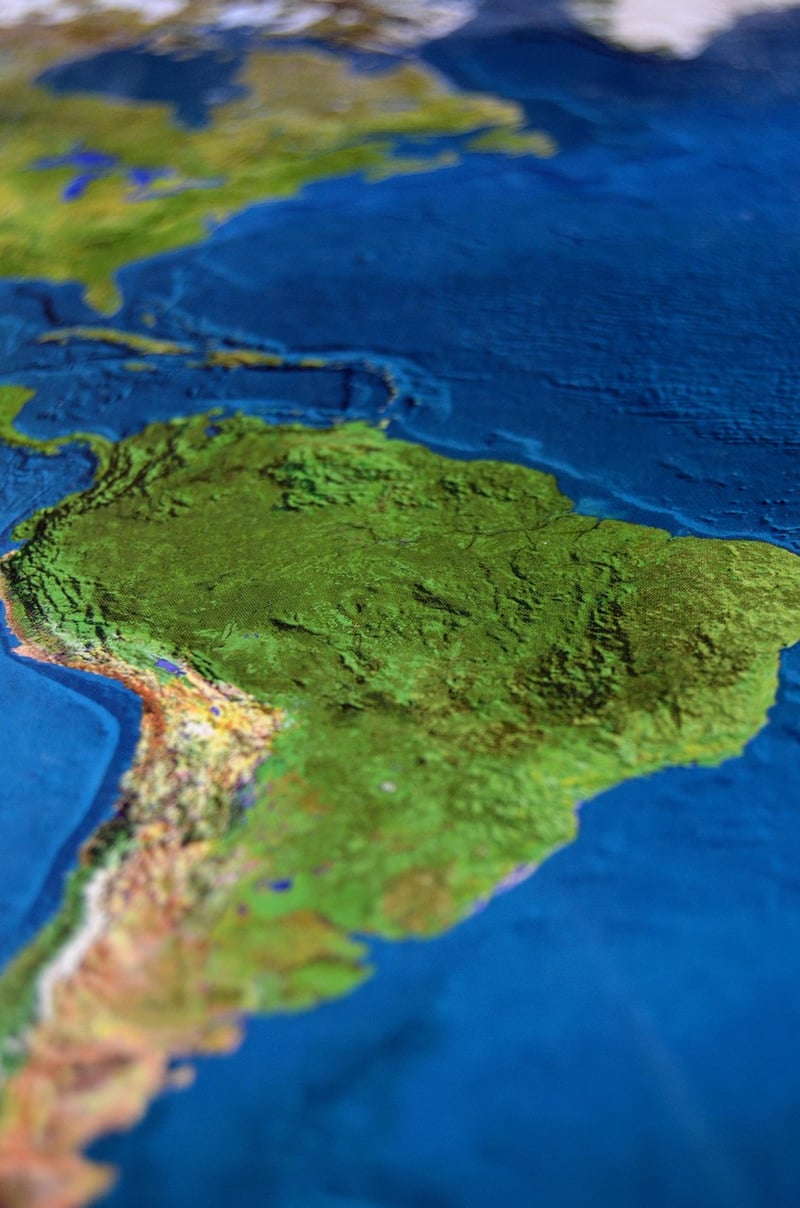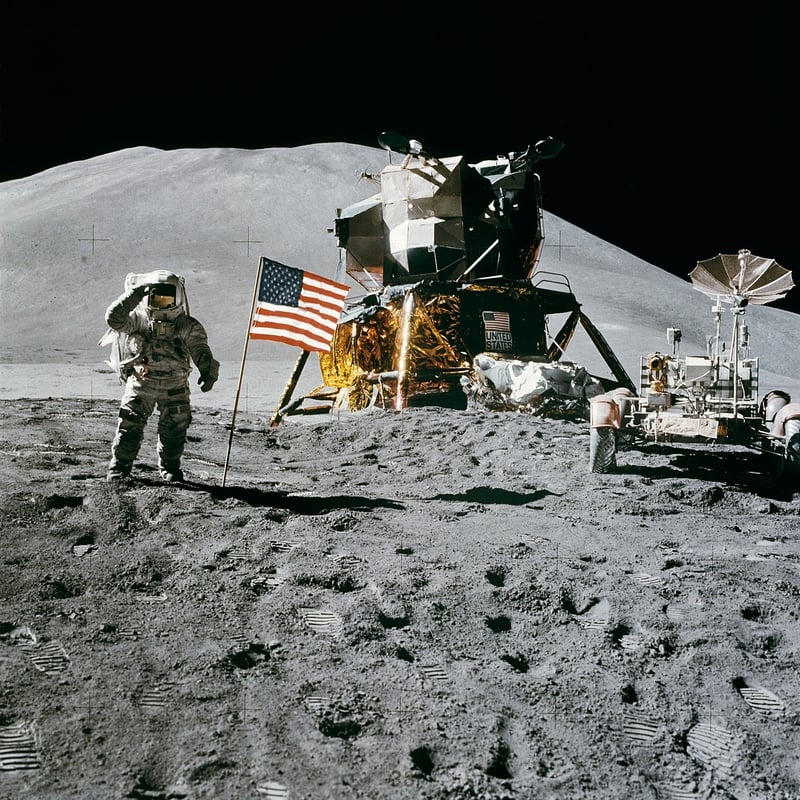Future Exploration
Exploring Different Eras and Future Exploration
Introduction
Exploring different eras and future exploration has always been a fascinating subject for humankind. From ancient civilizations to space exploration, humans have always sought to expand their knowledge and push the boundaries of what is possible.
Ancient Civilizations
Ancient civilizations such as the Egyptians, Greeks, and Romans laid the foundation for exploration. They built great monuments, developed advanced technologies for their time, and established trade routes that connected different parts of the world.

Age of Discovery
The Age of Discovery in the 15th to 17th centuries saw explorers like Christopher Columbus, Vasco da Gama, and Ferdinand Magellan setting sail to discover new lands and establish trade routes. This era marked a significant expansion of global exploration.

Space Exploration
Space exploration has been one of the most exciting frontiers of exploration in modern times. From the first human landing on the moon to the exploration of Mars and beyond, space agencies like NASA and SpaceX continue to push the boundaries of human knowledge.

Future Exploration
The future of exploration holds even greater possibilities with advancements in technology. From colonizing Mars to deep-sea exploration, humans are poised to uncover new frontiers and expand our understanding of the universe.
Challenges and Opportunities
- Climate change affecting exploration
- Advancements in AI and robotics aiding exploration
- Potential for commercial space travel
Conclusion
Exploring different eras and future exploration showcases the human spirit of curiosity and innovation. As we look back at our past achievements and forward to the possibilities that lie ahead, one thing remains certain – exploration will always be an integral part of the human experience.
Join us as we continue to push the boundaries of exploration and discover what lies beyond the horizon.
